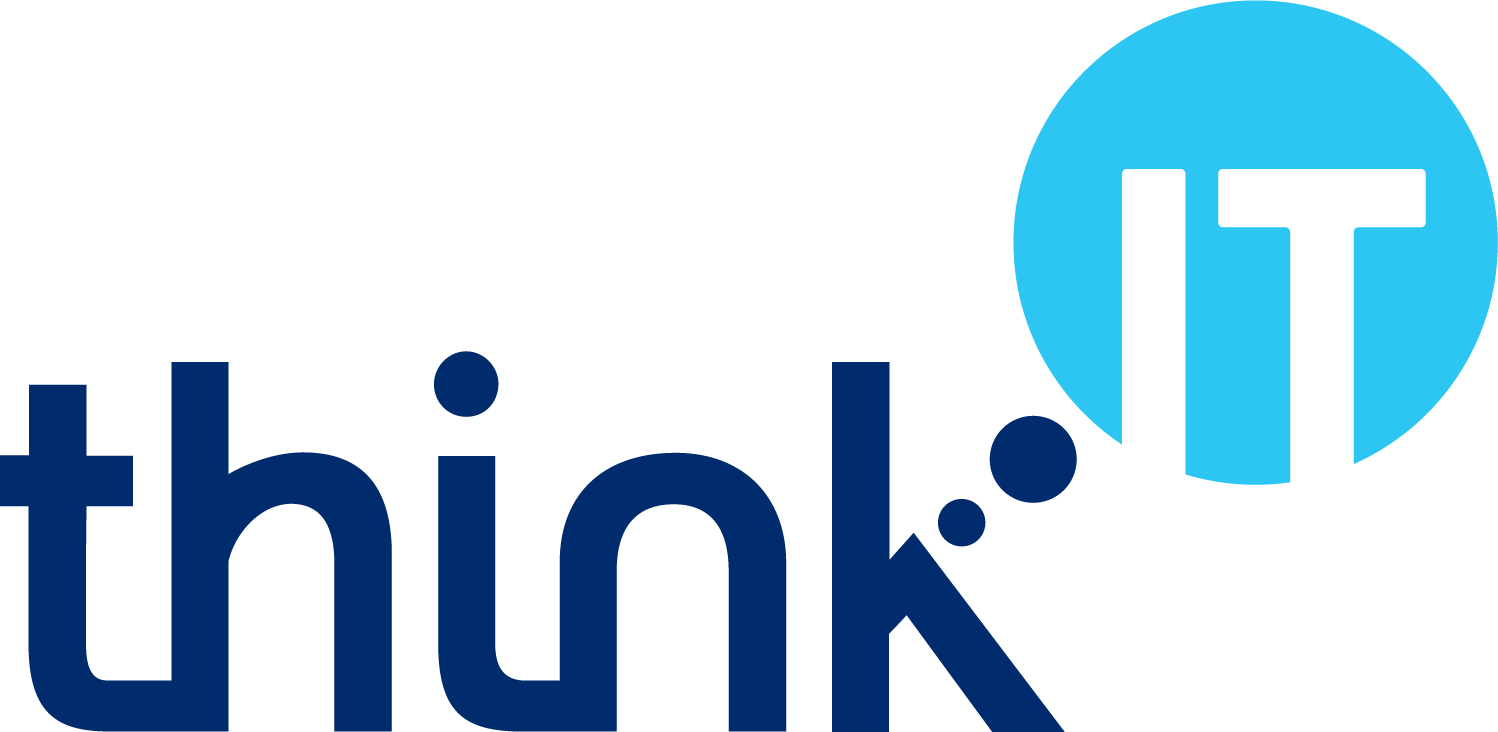8th July 2019
On 1 October 2018 the Business Secretary, Greg Clark, announced plans to bring forward legislation which would ensure that tips and gratuities were paid in full to workers. The legislation has yet to be put before Parliament but in the meantime the rise of ‘tip by card’ payment options has resulted in some confusion on the part of business owners, their people and their customers. For example, when checking whether cash or card tipping was preferable one of our colleagues was recently given conflicting information by two members of staff in the same restaurant.
Let’s be clear, the proposed legislation will only result in tips/gratuities being passed on in full to employees; it won’t streamline the way in which these monies are viewed in respect of tax and national insurance. It is also worth noting that even at this stage, tips/gratuities have to be seen as additional to, not part of, the national minimum wage. Tips, gratuities and service charges are also outside the scope of VAT unless the customer has no option about paying them, i.e. a compulsory service charge, in which case VAT is payable.
With those caveats in mind, let’s look at the complexities of accounting for tips/gratuities; in effect two sides of the same coin so from now on we will refer to them simply as tips. For simplicity we are only going to look in this article at tips paid by cash or card. Other instances such as service charges which are automatically added to the bill are covered in full in the HMRC E24 guide* which is available to download. The guide also contains a number of examples which are well worth studying.
All tips, whether paid by cash or card and whether retained by the individual or shared by a group of employees (known as a tronc), are subject to income tax. If an individual keeps a cash tip paid to them then generally they have to account for the payment via an annual self-assessment adjustment. Otherwise the income tax is usually accounted for and collected via PAYE.
When it comes to national insurance the picture is slightly more confusing. Tips paid in cash to an individual and retained by them are not subject to national insurance. In the majority of other scenarios national insurance is due. However there are exceptions, most notably where cash tips are allocated via a tronc over which the employer has no influence.
Thompson Jenner Partner Dave Tucker commented that “accounting for tax and national insurance in respect of tips or service charges may seem straightforward. However, there are a number of scenarios which can catch employers out, most particularly in respect of troncs. We would therefore strongly recommend that businesses take advice in respect of their own arrangements to ensure that they are correctly accounting for tax and national insurance.”

If you would like to find out more or meet to discuss the tax services we provide to the food, catering and hospitality sector, please contact Dave Tucker or one of our tax team on 01392 258553 or 01395 279521 to arrange a free initial meeting.









